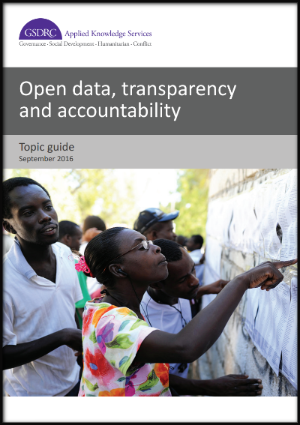
Soft power and voluntary social dynamics are what make MSI’s like OGP unique. Yet these dynamics are almost completely ignored in the burgeoning body of research on public governance MSIs. This is probably because compliance and impact seem easier to measure, but research on how OGP facilitates socialization and learning is as feasible as it is important. This post presents findings from a case...

